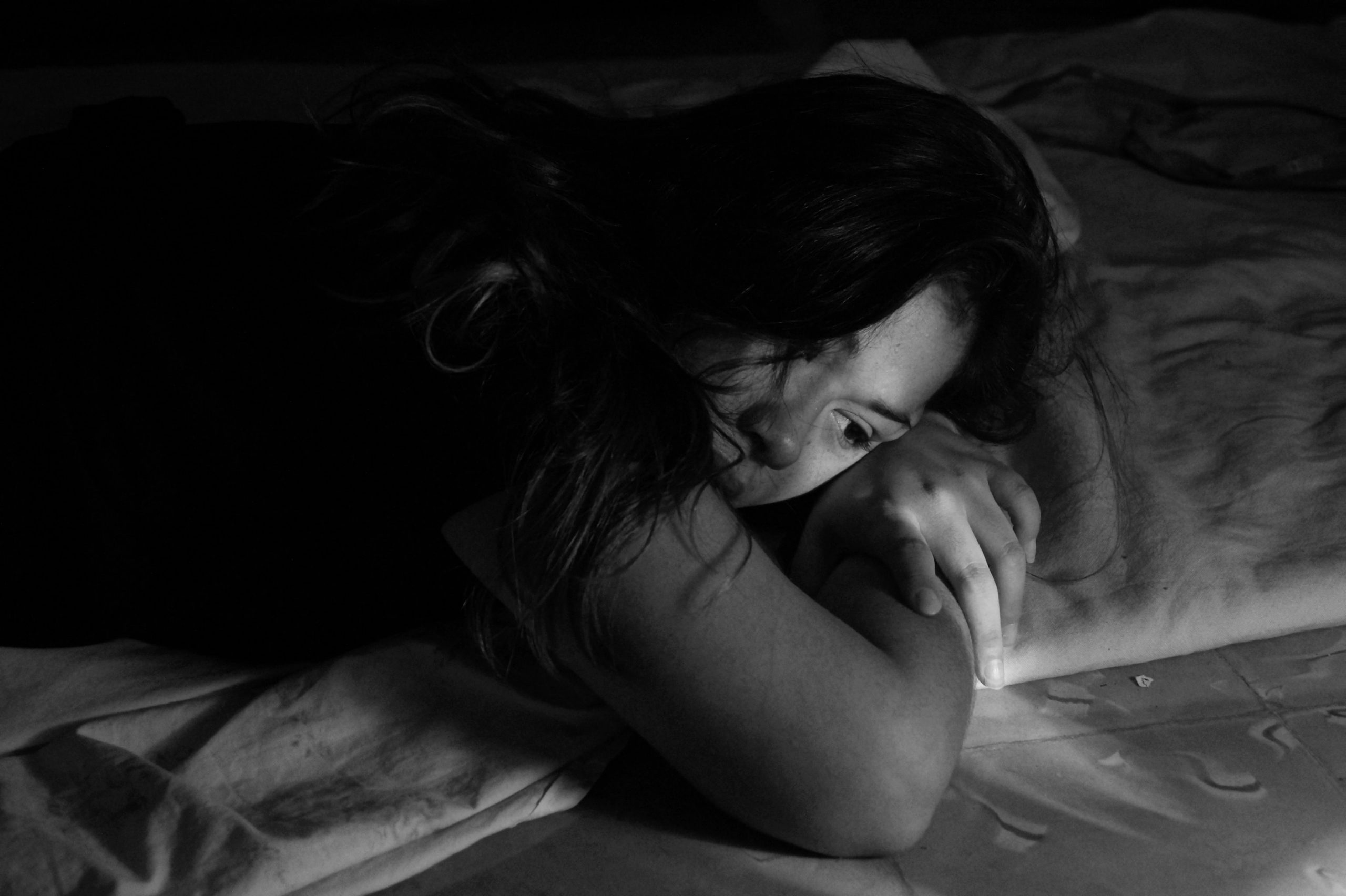It was a gloomy Saturday morning when Emily McDonell suddenly felt overwhelmed by feelings of nausea and body shivers.
Was it coronavirus? How would she tell her loved ones? What would it mean for family life in her home in Epping, in north-western Sydney?
All these questions loomed in the 16-year-old’s mind as she was gripped by fear that she had contracted Covid-19. As she recalls:
“This time last year I would have had a Panadol and gone back to bed, but given the current circumstances, I broke into a complete panic attack.”
For her peace of mind, McDonell booked an appointment with her local GP, who informed her she had a viral flu and just needed to rest and take painkillers.
However, as well as flu, the high school student was displaying symptoms of a phenomenon that some are calling coronachondria.
Coronachondria, related to hypochondria, is excessive chronic anxiety about having or potentially having contracted coronavirus. It became increasingly common as Australia’s infection rates rose.

“It’s what psychologists call an ‘availability heuristic’, says Brett Hayes, a Professor of Psychology at the University of New South Wales.
“The media exposure and continuous discussions of coronavirus are front of mind and [it] tends to be the obvious answer for people.
“We tend to order our thoughts in terms of how negatively things can affect us, and [we know] coronavirus can be fatal in some circumstances.”
But such concerns are not necessarily irrational, nor do they mean we shouldn’t act on them,” believes Hayes.
“To some extent, it is smart to be careful about things that can hurt you, even if it is most likely it’s just a cold or flu,” he says.
“It’s like having a sunspot on your arm and you assume that it could be a form of cancer. It is always best to see a GP to eliminate the risk of a worst-case scenario, and that’s how most are treating the coronavirus.
“Then we have people who are too scared to get tested, which is called ‘the psychology of not wanting to know’ – who hope for the best, to avoid facing the worst.”
Initially in Australia, people were only eligible to be tested if they had been in contact with someone with coronavirus, or if they had returned from overseas, among other strict eligibility rules.
The Australian states and territories susbsequently adopted a uniform regime, meaning anyone showing mild flu symptoms was eligible to be tested.
This came as a shock to 22-year-old Emma Longford, from Leeton, in the NSW Riverina, who went to her local hospital following an asthma attack.
After describing her symptoms to nurses, she was instantly tested for coronavirus, as they were adamant she was showing signs of it.
“I have been suffering from asthma my whole life and I knew this incident was nothing different,” Longford says.
“I know it is routine to be safe and cautious, but I was positive it was nothing but symptoms of asthma.”
She tested negative for coronavirus.
With new cases of Covid-19 now declining to low levels in Australia, the accompanying anxiety is also subsiding.
However, if a second wave of the disease emerges as we go through winter, coronachondria is likely to become an issue once again.


